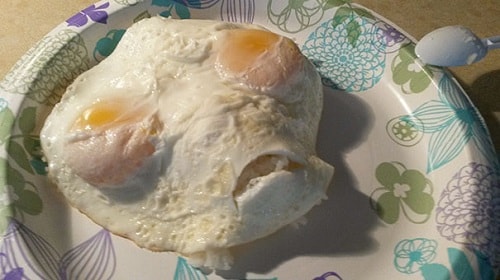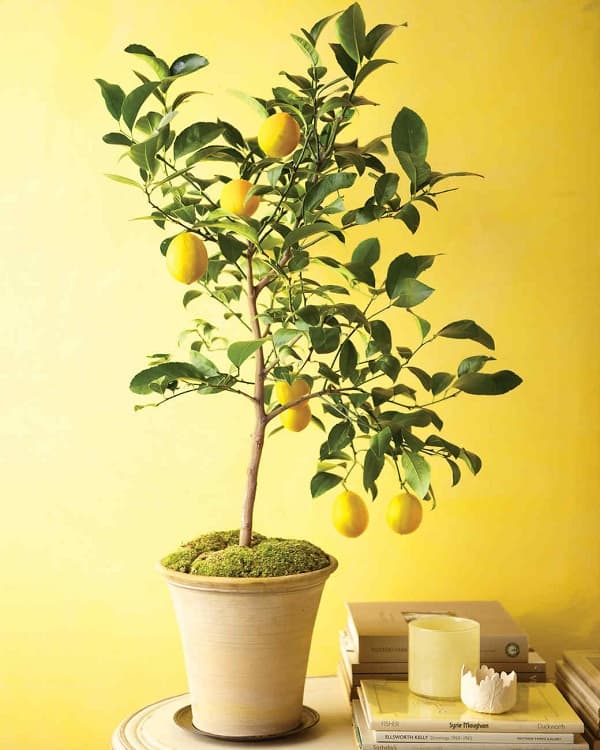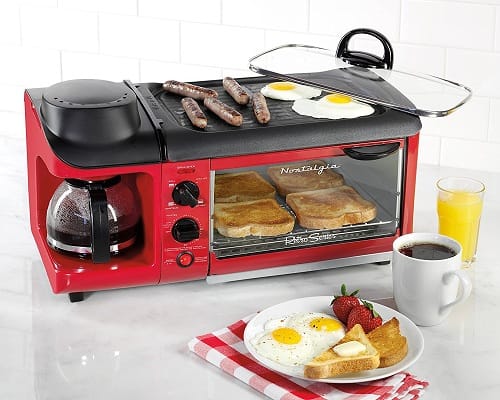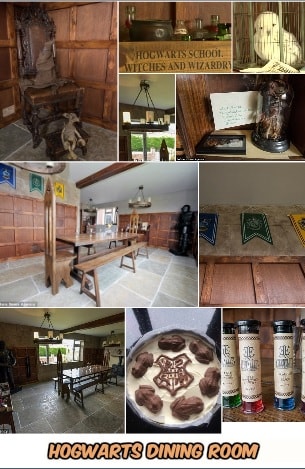If you are a hardcore fan of marble countertops, you can’t imagine any other stone type that would give your kitchen the same feel and stunning look. But the big question is, are they a bit of a pain? What are the good and the ugly side of marble as a countertop material? Are they worth the investment?

Today we explore the pros and cons of marble countertops so you can confidently decide if they are right for your kitchen. Let’s dive in.
1. Marble is a high-maintenance surface
Similar to other natural stones, marble is porous. We could dive deep into the geology of this, but the point is that the rock is vulnerable to staining agents such as:
- Red wine
- Tomato sauce
- Ketchup
- Vinegar
- Lemon
Be careful with liquids with color pigments and foods like beets. However, even colorless liquids like cooking oil and water can cause stains. When the staining agents seep deep into the porous surface, your marble countertops remain with stains.
It’s difficult to reverse the damage when this happens. To help prevent the damage, we recommend sealing the surface after installing the marble countertop. Sadly, the sealing process isn’t a do-it-and-forget-it thing: You must reseal the marble regularly (every six months if you cook frequently) for an appealing surface in the long run. It’s best to pay a professional to seal the counters.
The better they are sealed, the less staining you’ll have. Alternatively, you can do it yourself using a high-quality sealant. If you are battling stubborn stains, we recommend dampening a cloth slightly with ammonia and hydrogen peroxide before wiping the marks; repeat this process until the stains disappear.
2. If you are comfortable with the extra work, a marble countertop is a stunning addition
When you search online for marble countertops, nearly every image you stumble upon is beautiful. The smooth surface looks magnificent and polished alongside gold. It also appears monochromatic when blended with chrome. It works well with various design styles, which explains why it has been trending as one of the most desired kitchen aesthetics.
While this is a nice feature, you’ll probably want to skip marble countertops if you want a wipe-and-go surface. Why? It requires extra work and care when cleaning. You’ll need to wipe it regularly with clean water and mild soap. Plus, you can’t use just any spray cleaner on a marble counter; you must avoid those that are too caustic.
3. Marble chips or get scratches easily
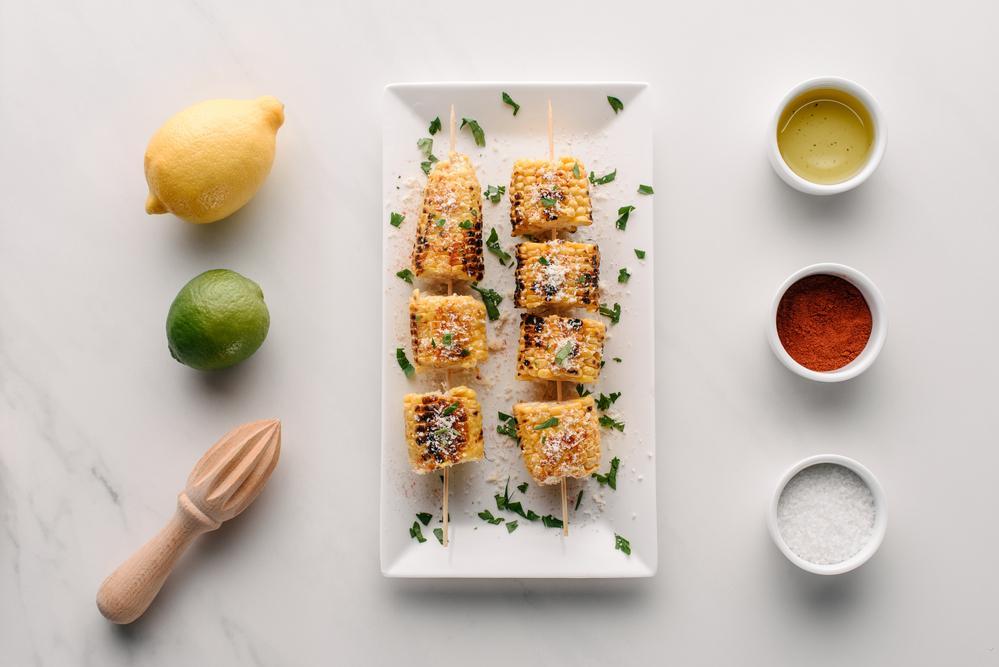
Marble countertops get corroded (etch) easily if you expose them to an acid, which removes the sealant or polish from the surface. The worst culprits of all acids in a kitchen with marble countertops include lemon juice, lemonade, and orange juice.
The result? A dull surface that is more vulnerable to scratches. While honing your marble countertop makes the effect of etching less noticeable, it won’t stop the damage from happening, unfortunately. Plus, honing causes a matte, less polished effect on your marble countertops.
Unlike other stones like granite and quartz, which are nearly indestructible, marble is soft and easily chips if you handle it roughly. Sometimes, it’s easy to buff out minor scratches or etching. But it’s difficult to restore marble to its original beauty for big cracks, deep stains, and chips. For this reason, preventing stains, chipping, and scratches is crucial.
To limit the risk, some homeowners use marble in lower traffic areas in their kitchens, such as the island or a small nook.
Additionally, be careful with sharp objects like keys and knives to avoid scratches on your marble countertop. Avoid leaning against your marble island wearing a long metal necklace or a belt; they can easily chip the rock.
Since marble is vulnerable to chipping and scratches, never use a marble countertop as a cutting board.
4. Marble countertops are cost-effective, depending on the type you buy
The type of marble you buy has the biggest impact on the final cost. Here are the most common types of marble and their costs:
- Carrara marble: It is the most common type of marble in the market, making it the most widely available. As a result, it’s the least expensive marble countertop material. Carrara has gray, soft veins and roughly costs $40 per square foot.
- Statuario marble: It has a striking, bold pattern made of distinct gold and gray veining throughout. It costs about $50 per square foot.
- Danby marble: It’s a bit more expensive than the first two. It resembles Carrara marble but with coloring ranging from eggshell white to pure white with gray and golden-brown veins. This one approximately costs $80 per square foot.
- Calacatta marble: If you want a rare, luxury marble on your countertop, Calacatta is the best available. It has a white surface with brown and gold undertones. However, it will cost you an arm and a leg. Calacatta marble costs approximately $180 per square foot.
Other factors affecting the price of the marble countertop include installation, edge treatment, and the cost of removing the old countertop (if applicable). Since marble is bulky and expensive to transport, the type you use might depend on your location to save on costs. For example, people with homes in Austin may use the marbles locally available.
5. Marble is heat-resistant, but…
You can rely on a marble countertop to resist heat waves when cooking or baking. High heat resistance in a countertop is great if your kitchen sees a lot of cooking and bake-offs. Despite marble’s ability to resist high temperatures, you don’t want to place an extremely hot pot on your counter.
You’ll risk burning the surface or discoloring the marble countertop. We recommend using a trivet when placing cookware down, particularly bulky ones like a Dutch oven or a cast iron skillet.
Are Marble Countertops Worth It?
Now that you understand marble countertops’ good and the ugly, it’s time to decide if they suit you. With regular care and proper maintenance, marble countertops can be long-lasting. They also give your kitchen a stunning look and add something “special” to your interior design.
(image credit: depositphotos.com)
